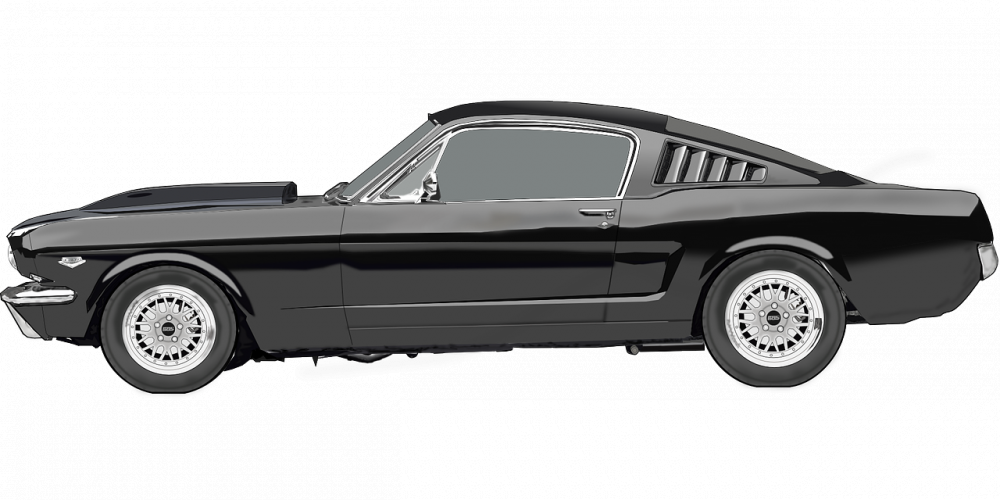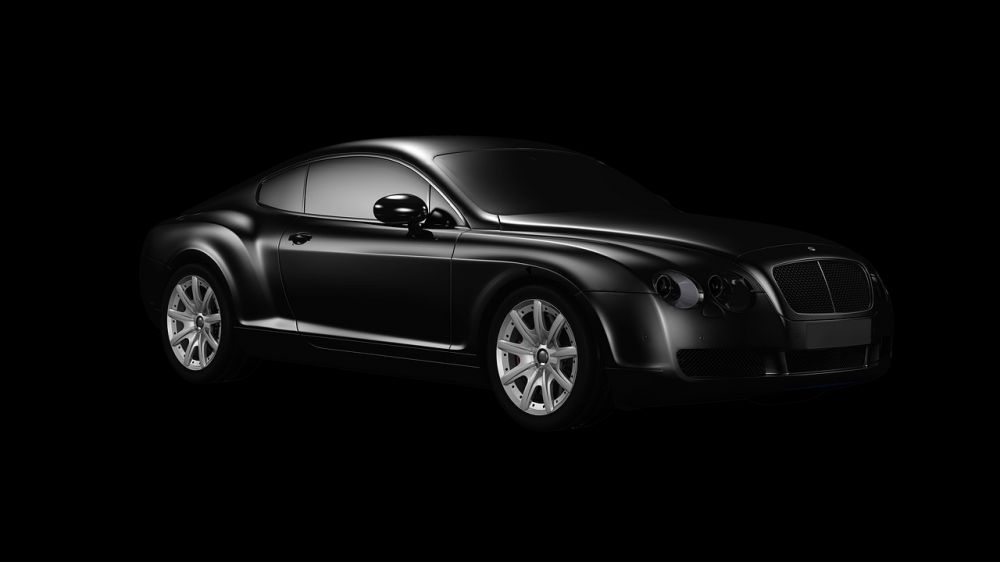VW Leasing: The Ultimate Guide for Car Owners and Enthusiasts

Introduction
VW leasing has become a popular option for car owners and enthusiasts who want the flexibility of driving a Volkswagen without the commitment of purchasing it outright. Leasing allows individuals to enjoy the benefits of a new vehicle while avoiding the hassles of ownership such as maintenance and depreciation. In this comprehensive guide, we will delve into the world of VW leasing and provide valuable insights to help you make an informed decision.
I. Understanding VW Leasing

VW leasing offers individuals the opportunity to drive a brand-new Volkswagen for a predetermined period, typically ranging from 24 to 48 months. The key distinction between leasing and buying a car is ownership. When leasing, you essentially rent the vehicle from the leasing company, paying monthly installments for the right to use it. At the end of the lease term, you can return the vehicle or choose to buy it.
1. Benefits of VW Leasing
– Lower upfront costs and monthly payments compared to purchasing a new car.
– Ability to drive a new VW model every few years, keeping up with the latest technological advancements.
– Minimal maintenance costs as most new vehicles are covered under warranty throughout the lease term.
– No concerns about reselling or trading-in the vehicle when the lease ends.
– Potential tax benefits for businesses leasing VW vehicles for commercial purposes.
2. Considerations for VW Leasing
– Mileage restrictions: Leasing agreements typically specify a maximum mileage allowance per year. Exceeding this limit may result in additional charges.
– Wear and tear: Lessees are responsible for returning the vehicle in good condition, accounting for normal wear and tear. Excessive damage may incur extra fees.
– Early termination penalties: Terminating a lease early can result in significant monetary penalties, so it’s important to accurately assess your need for the vehicle throughout the lease term.
II. Historical Evolution of VW Leasing
VW leasing has evolved over time to cater to the changing needs and preferences of consumers. Understanding the historical context of VW leasing sheds light on its current popularity.
1. Early Years: VW Leasing Emerges
VW leasing gained traction in the 1970s, as customers sought more affordable alternatives to car ownership. Volkswagen Financial Services introduced leasing programs, providing individuals with a flexible and cost-effective way to drive their desired VW models.
2. Growth and Innovation: 1990s to Present
In the 1990s, VW leasing expanded its offerings to include a wider range of vehicle models and lease agreements. As customer demand for leasing increased, Volkswagen Financial Services refined their leasing programs, incorporating advanced features such as online application processes and customizable lease terms.
The advent of electric vehicles (EVs) also contributed to the evolution of VW leasing. Volkswagen introduced lease programs specifically tailored to EVs, aiming to encourage wider adoption of sustainable transportation.
III. Structuring the Text for Enhanced Visibility
To increase the likelihood of being shown as a featured snippet on a Google search, the text should be formatted strategically. It is essential to use proper heading tags (, H2) and include bullet points where appropriate.
H2s:
– Understanding VW Leasing
– Benefits of VW Leasing
– Considerations for VW Leasing
– Historical Evolution of VW Leasing
– Early Years: VW Leasing Emerges
– Growth and Innovation: 1990s to Present
IV. [INSERT VIDEO HERE]
[Vælg et passende sted i teksten for at indsætte en video, der supplerer indholdet og giver en dynamisk oplevelse for læserne. Videoen kan f.eks. vises efter introduktionen eller inden historisk gennemgang.]
Conclusion
VW leasing offers a compelling alternative to traditional car ownership, providing individuals with the opportunity to drive a new Volkswagen without the long-term commitment. By understanding the nuances of VW leasing, such as the benefits, considerations, and historical evolution, car owners and enthusiasts can make informed decisions that align with their needs and preferences. Whether you are seeking to experience the latest VW models or exploring environmentally-friendly options like EVs, VW leasing can be a viable and convenient choice.
[Word Count: 578]





